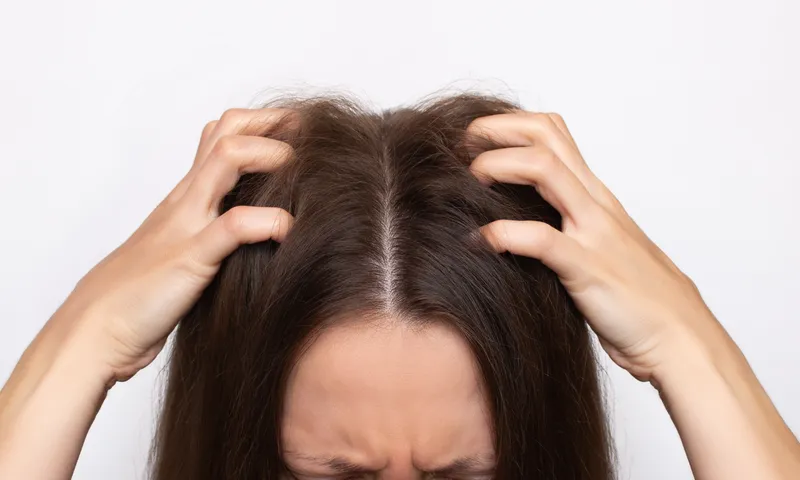Is Short Hair Better for Scalp Psoriasis

If you have ever dealt with uncomfortable symptoms of psoriasis, such as red and flaky skin, all you likely wished for was to get relief as soon as possible. You may have tried multiple ways of calming your skin, and if your scalp is affected by psoriasis, you might be wondering whether cutting your hair and wearing it short would help alleviate your symptoms. By reading this article, you will learn what psoriasis is, whether short hair is better for scalp psoriasis, and how to manage this chronic skin condition.
What Is Psoriasis?
Psoriasis is caused by an overactive immune system and is characterized by thick scaly patches on the skin, which form when skin cells build up rapidly. These patches often appear on the scalp, elbows, knees, and lower back. However, they can occur anywhere and even affect the nails or joints in some people.
Psoriasis is not contagious, and flare-ups can be triggered by factors including stress, infections, cold weather, skin injuries, and certain medications. Genetics can also play a significant role, as psoriasis often runs in families. People who live with psoriasis frequently report symptoms such as redness, flaking, itching, and cracking of the skin. While there are multiple types of this skin disease, plaque psoriasis is the most common. Other, much rarer types include guttate and inverse psoriasis.
Is Short Hair Better for Scalp Psoriasis
First off: if you have scalp psoriasis, it’s your choice whether to keep your hair long or short, since effective treatment remains possible regardless. The length of your hair does not directly affect the condition itself. That being said, short hair can be more practical as it makes treatment with topical products like shampoos, creams, or oils easier. For example, it allows you to apply products directly to your scalp without your hair being in the way. The absorption of medicated products may also work more efficiently with short hair. Additionally, you may experience improved symptoms even during periods of flare-ups since your skin is less likely to become irritated by heat and sweat. Finally, some individuals find the removal of scales from their scalp, as well as brushing, more comfortable. This may make short hair a better option for scalp psoriasis in some cases.
How is Psoriasis Treated?
As mentioned, psoriasis is typically treated using topical products, including medicated shampoos with ingredients like coal tar or salicylic acid, which have been shown to be effective in reducing scaling. Other effective methods include corticosteroids, vitamin D creams, moisturizing oils, and ointments. Many treatment methods can be used individually or in combination to address inflammation, slow skin cell growth, soften plaques, and loosen scales. However, combining certain products may be harmful to your health. Therefore, consulting your doctor before using any medication is essential.
While the methods above are often beneficial in mild to moderate cases, other options are worth considering if your psoriasis is more severe. This may include light therapy (phototherapy) or even whole-body treatments like oral medications or biologic injections. Some effective options are Otezla and Soriatane. Even though it's difficult, it’s essential that you avoid scratching since this can cause your skin to become even more irritated and cause infection in some cases.
Apart from measures affecting your skin directly, other lifestyle and dietary factors should never be disregarded as they are closely connected to flare-ups and your skin health. This can include following an anti-inflammatory diet and eating foods rich in omega-3s, such as salmon, flaxseeds, and walnuts. At the same time, you should stay away from processed foods, alcohol, sugar, and, potentially, dairy and gluten if consuming them worsens your skin condition. Finally, weight loss can play a crucial role too, as it may improve your symptoms and reduce the frequency of psoriasis flare-ups.
IMPORTANT NOTE: The above information is intended to increase awareness of health information and does not suggest treatment or diagnosis. This information is not a substitute for individual medical attention and should not be construed to indicate that use of the drug is safe, appropriate, or effective for you. See your health care professional for medical advice and treatment.


